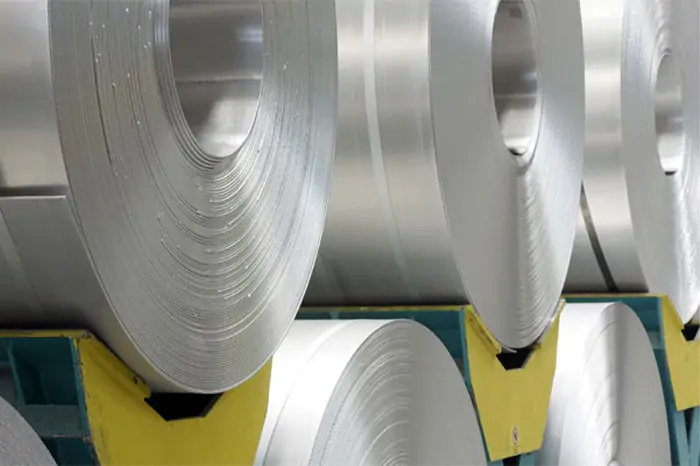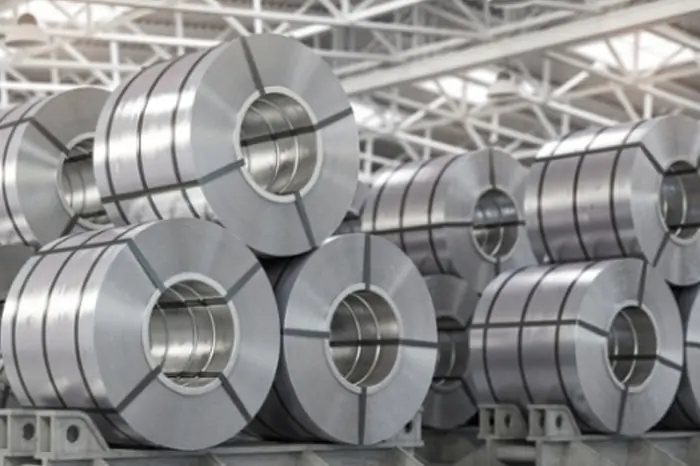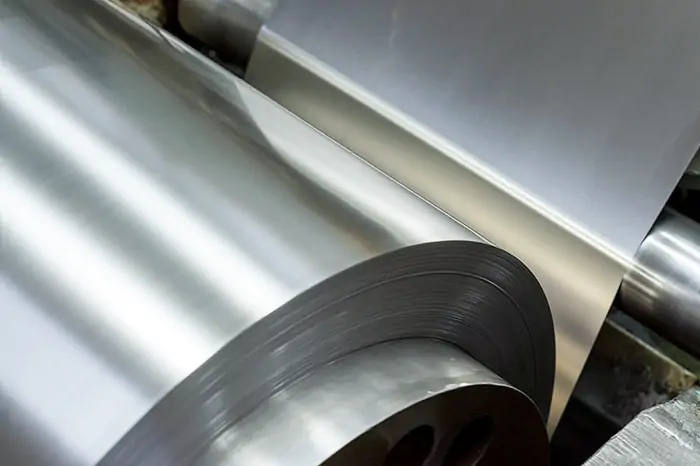When it comes to high-temperature environments, materials that can withstand extreme heat without losing their integrity are essential. Cobalt-based alloys, known for their exceptional heat resistance, play a crucial role in various industries, particularly in aerospace and power generation. In this article, we’ll explore the properties of cobalt alloys, their applications, and why they are the material of choice for high-temperature applications.
Understanding Cobalt-Based Alloys
Cobalt-based alloys are a group of metal alloys that primarily consist of cobalt, along with other elements like chromium, nickel, tungsten, and molybdenum. These alloys are known for their remarkable ability to retain strength and resist corrosion at elevated temperatures, making them ideal for high-stress environments.
Key Properties of Cobalt Alloys
- Heat Resistance: Cobalt alloys can endure temperatures exceeding 1000°C (1832°F) without significant degradation. This property makes them suitable for use in turbines and jet engines.
- Corrosion Resistance: Cobalt alloys exhibit excellent resistance to oxidation and corrosion, even in harsh chemical environments. This is particularly valuable in industrial applications where exposure to corrosive substances is common.
- Wear Resistance: These alloys maintain their hardness and resist wear, making them ideal for components that experience high mechanical stress.
Common Elements in Cobalt Alloys
Cobalt-based alloys often include elements like chromium and tungsten, which enhance their high-temperature performance and corrosion resistance. Chromium adds a protective oxide layer, while tungsten contributes to the alloy’s strength and stability.
Applications of Cobalt-Based Alloys
Cobalt alloys are indispensable in industries where high temperatures and demanding conditions are the norm. Here’s a look at some of their key applications:
Aerospace Industry
In the aerospace sector, cobalt-based alloys are extensively used in the production of turbine blades, jet engine components, and exhaust systems. The ability to withstand extreme temperatures and maintain structural integrity is crucial for ensuring the safety and efficiency of aircraft engines.
- Turbine Blades: Cobalt alloys are commonly used for turbine blades in jet engines. These blades operate at high speeds and temperatures, and the heat resistance of cobalt alloys ensures their longevity and performance.
Power Generation
Power plants, especially those using gas turbines, rely on cobalt alloys for their high-temperature resistance and durability. These alloys are used in components such as combustors and nozzles, where extreme heat and pressure are constant challenges.
- Combustor Liners: In gas turbines, cobalt alloys are used for combustor liners to withstand the intense heat and corrosive gases produced during combustion.
Medical Industry
Cobalt-chromium alloys are widely used in the medical field for the production of orthopedic implants, such as hip and knee replacements. The biocompatibility and corrosion resistance of these alloys make them suitable for long-term implantation in the human body.
Industrial Applications
Cobalt alloys find applications in industries like chemical processing, where high resistance to corrosion and wear is essential. They are used in valves, pumps, and other components exposed to aggressive chemicals and high temperatures.
- Valve Components: Cobalt alloys are used to manufacture valve components that must endure corrosive environments and high temperatures, ensuring reliable operation.
Advantages of Cobalt-Based Alloys
Cobalt-based alloys offer several advantages that make them the preferred choice for high-temperature applications:
- High Melting Point: The high melting point of cobalt alloys allows them to retain their mechanical properties even in extreme heat.
- Versatility: Cobalt alloys can be tailored to specific applications by adjusting the composition, making them versatile for various industries.
- Longevity: The durability and resistance to wear and corrosion extend the lifespan of components, reducing maintenance costs and downtime.
Challenges and Considerations
While cobalt-based alloys offer numerous benefits, there are some challenges and considerations to keep in mind:
Cost
Cobalt is a relatively expensive metal, and the cost of cobalt-based alloys can be higher compared to other materials. However, the long-term benefits in terms of performance and durability often outweigh the initial investment.
Machinability
Cobalt alloys can be challenging to machine due to their hardness and toughness. Specialized tools and techniques are often required, which can add to manufacturing costs.
Conclusion
Cobalt-based alloys are a vital component in industries that demand high-temperature performance and durability. From aerospace to power generation and medical applications, their exceptional heat resistance, corrosion resistance, and wear properties make them indispensable. While there are challenges associated with their cost and machinability, the advantages they offer make cobalt alloys a valuable investment for critical applications.
Whether you’re looking to optimize the performance of jet engines, enhance the durability of medical implants, or ensure the reliability of industrial equipment, cobalt-based alloys provide the high-temperature capabilities you need. As industries continue to push the boundaries of technology, the role of cobalt alloys in advancing high-temperature applications remains as critical as ever.










